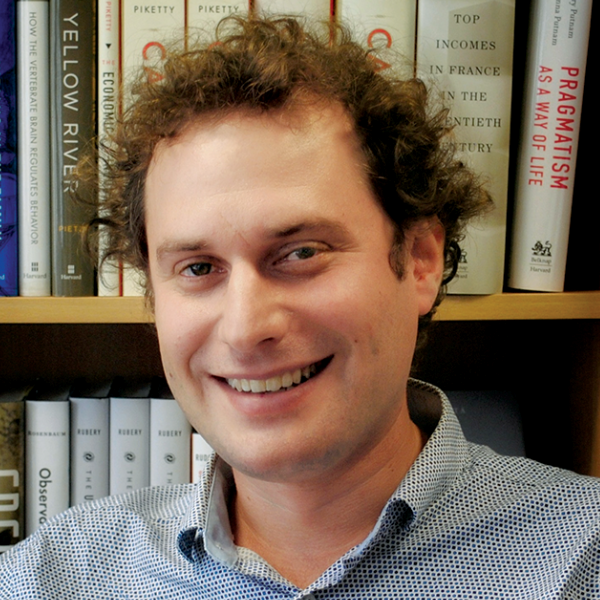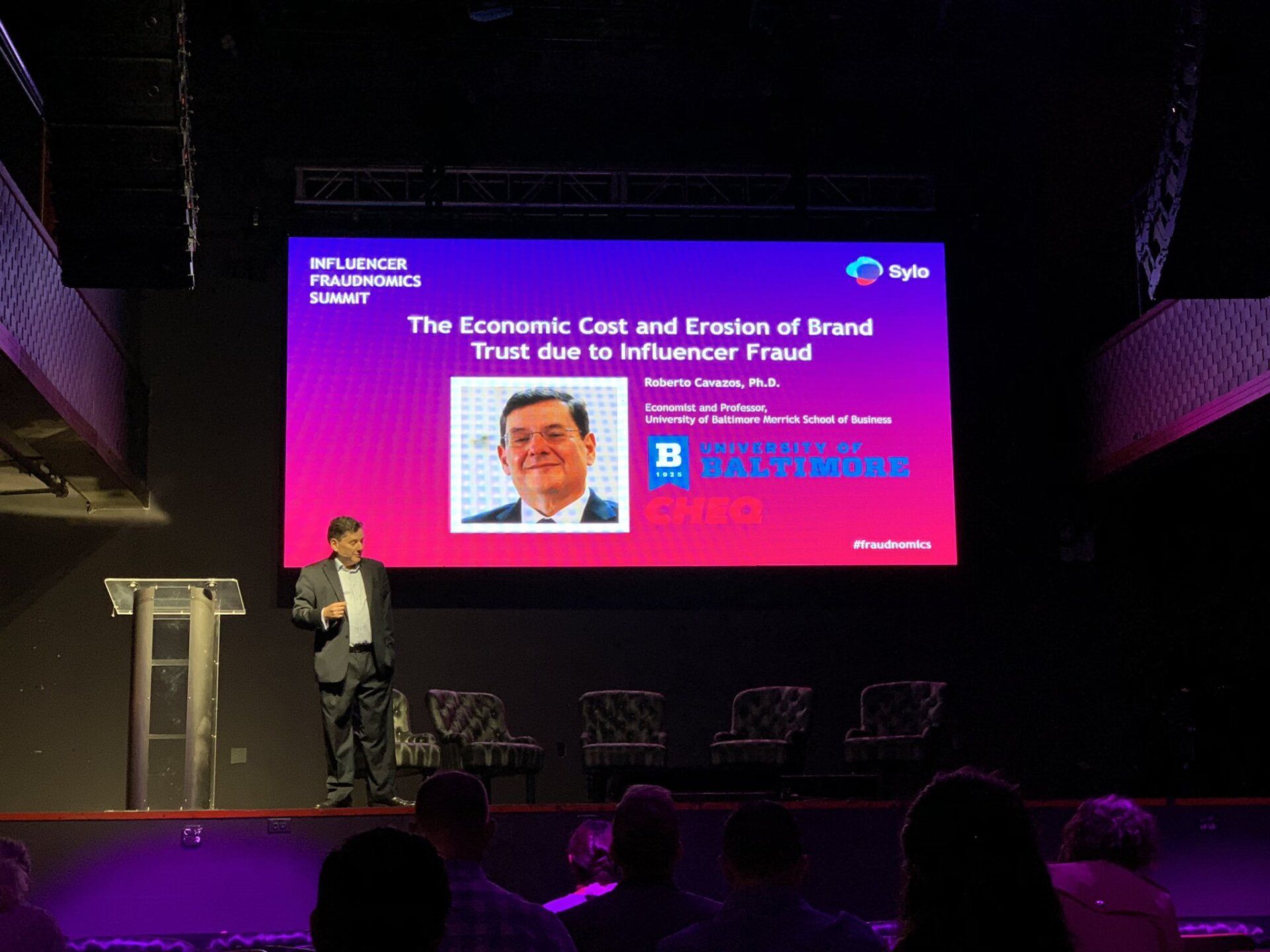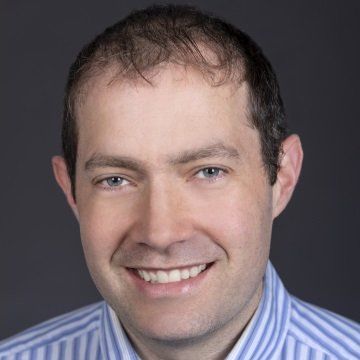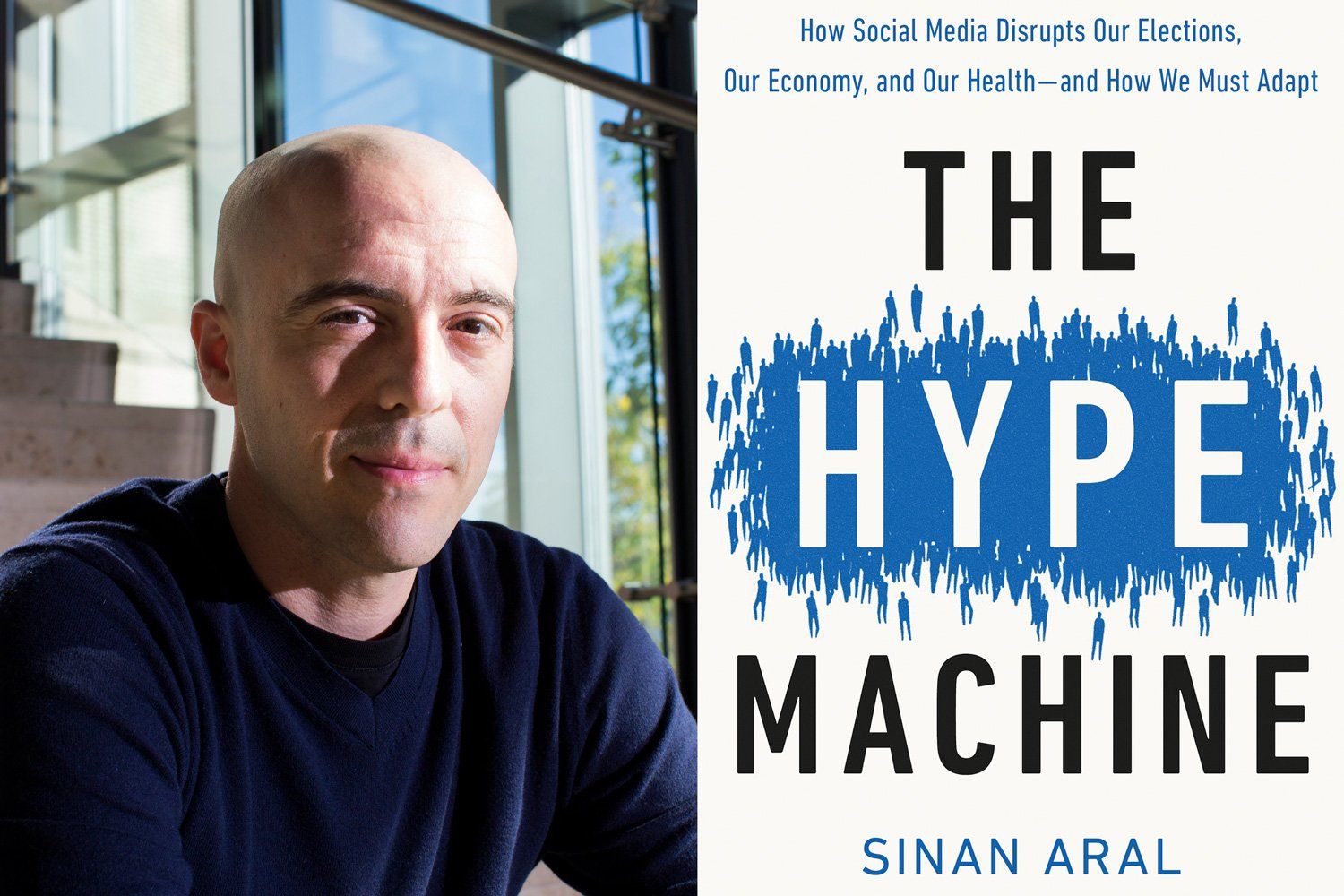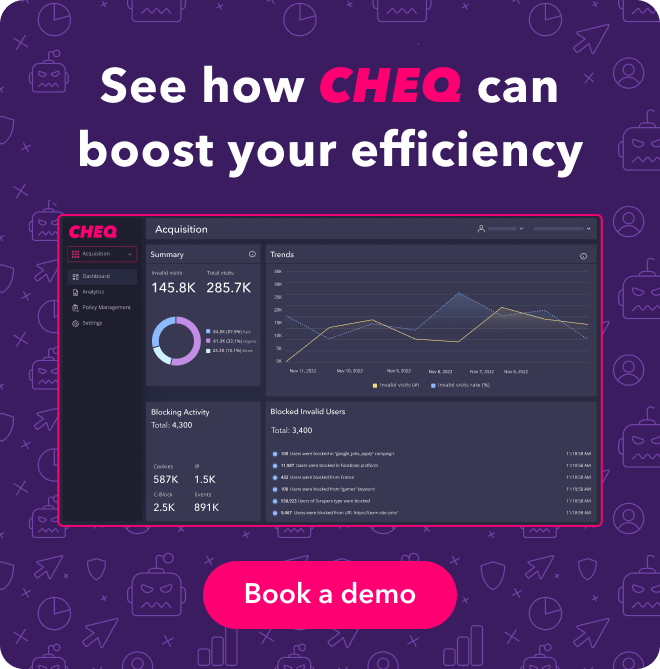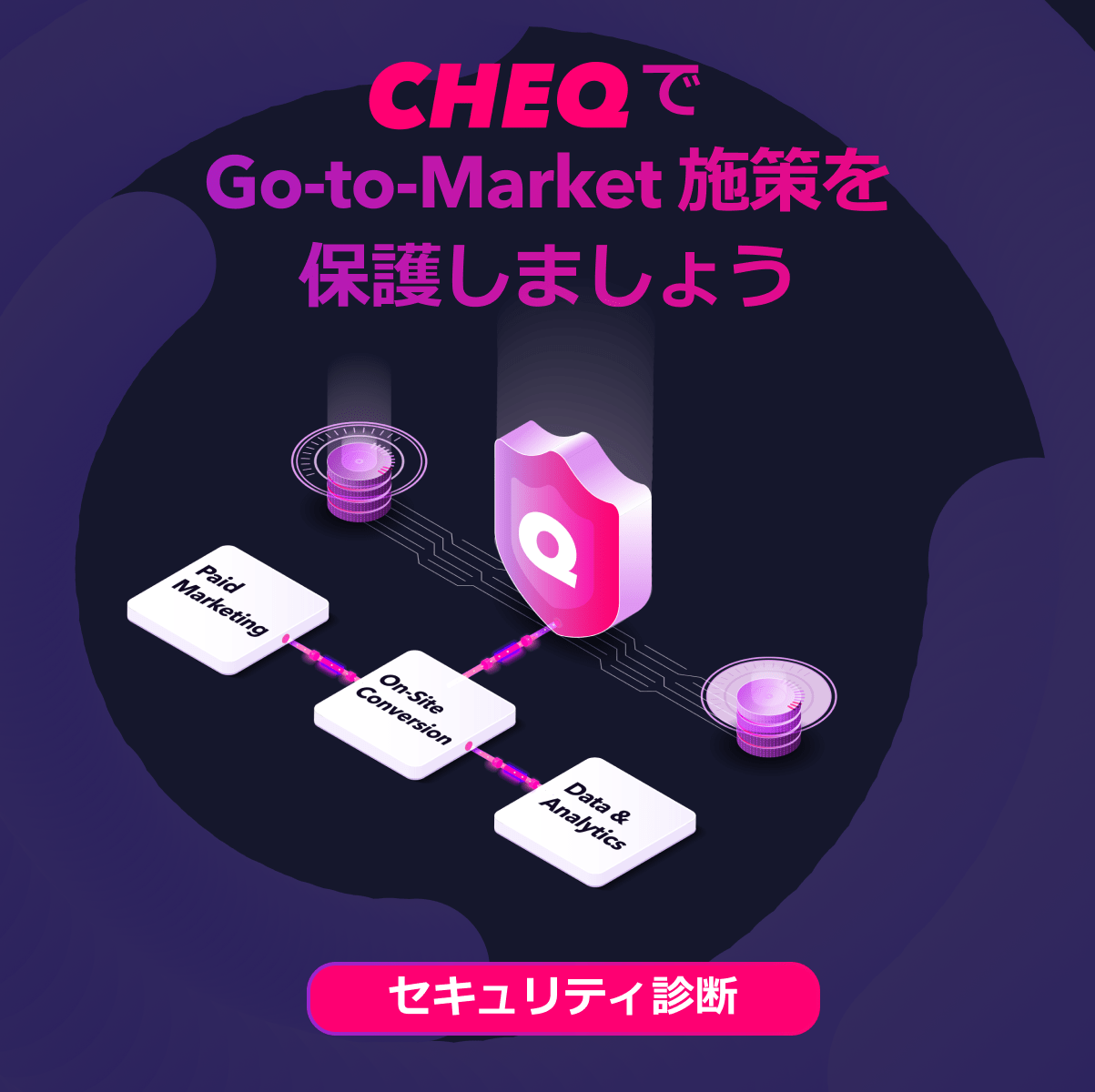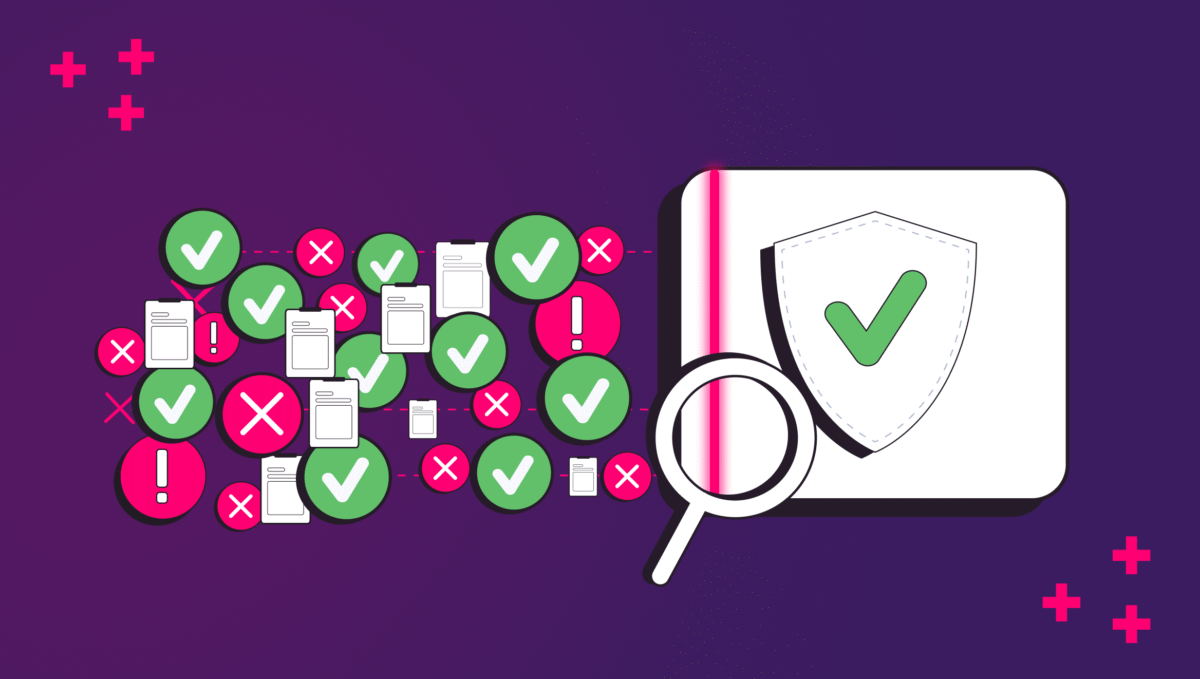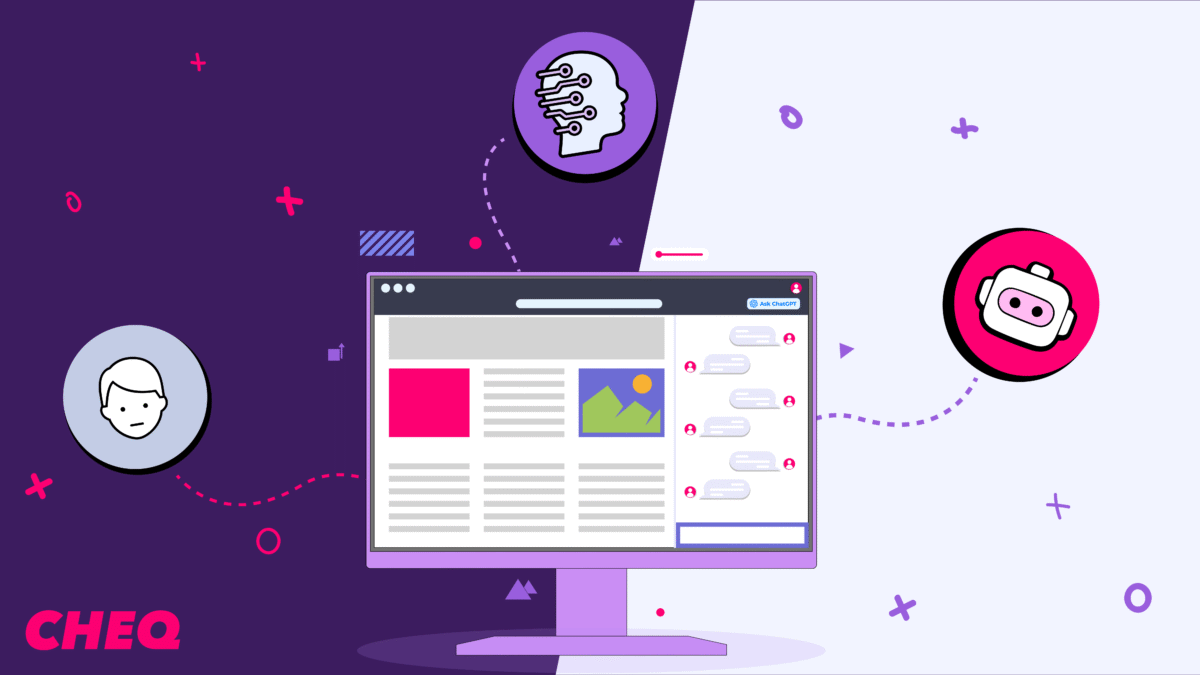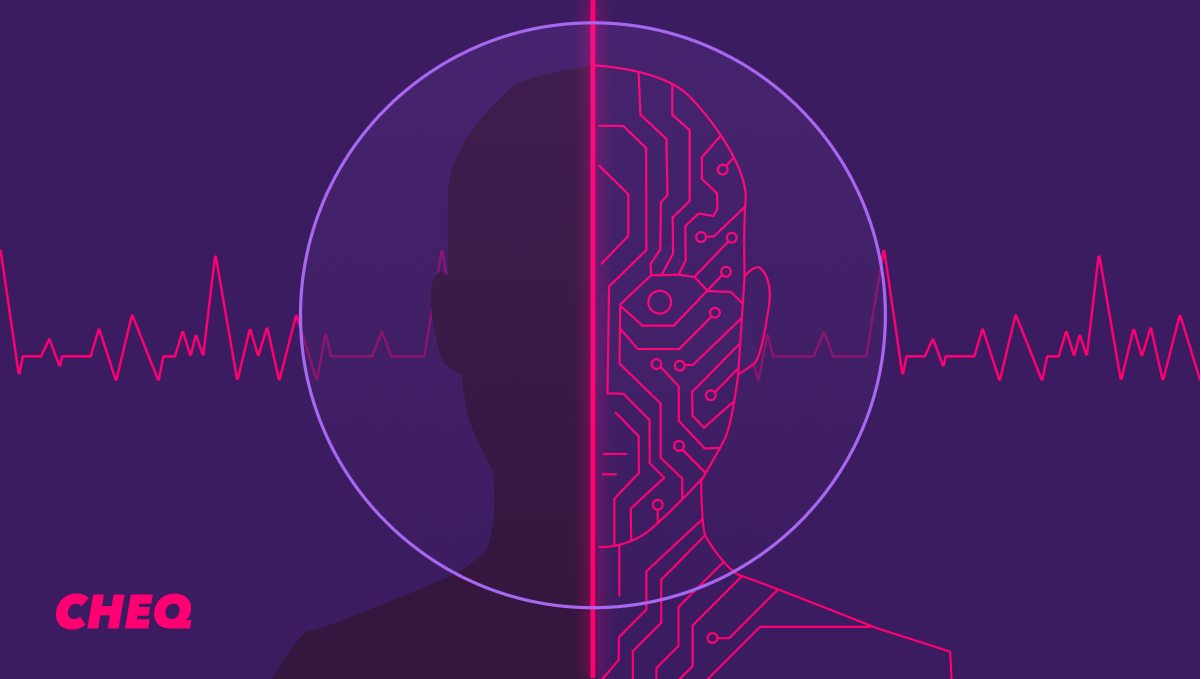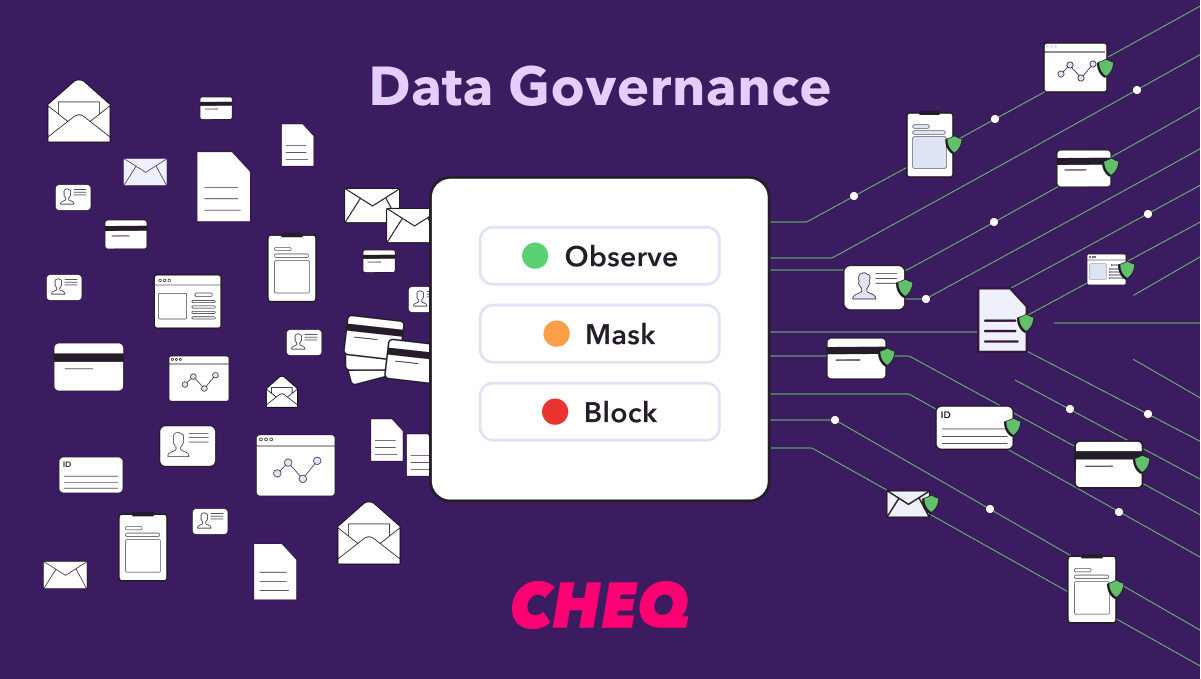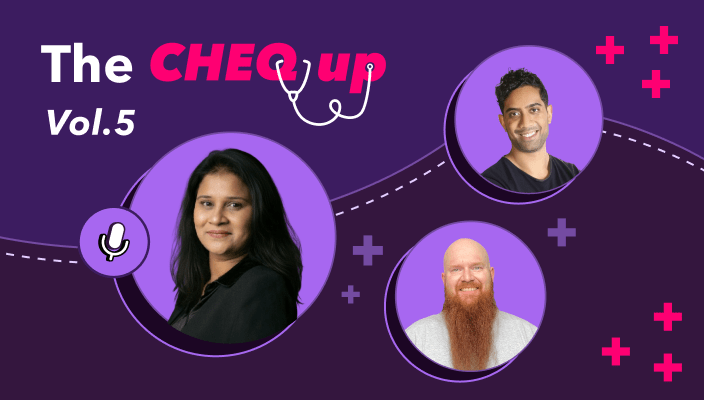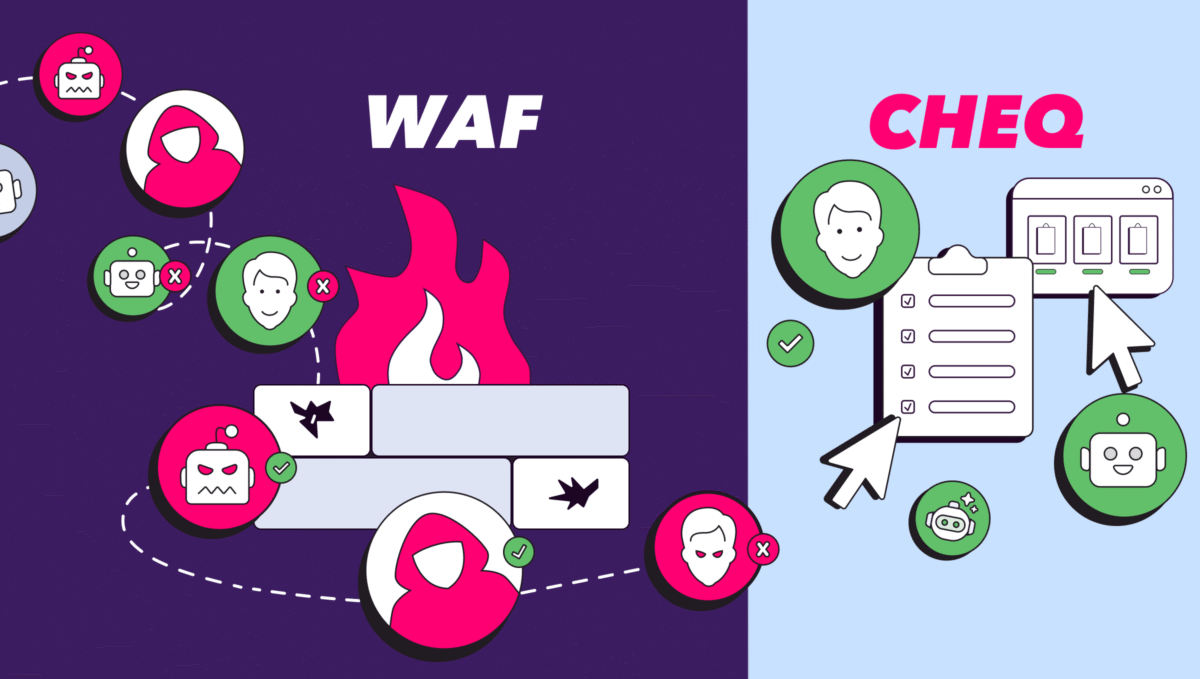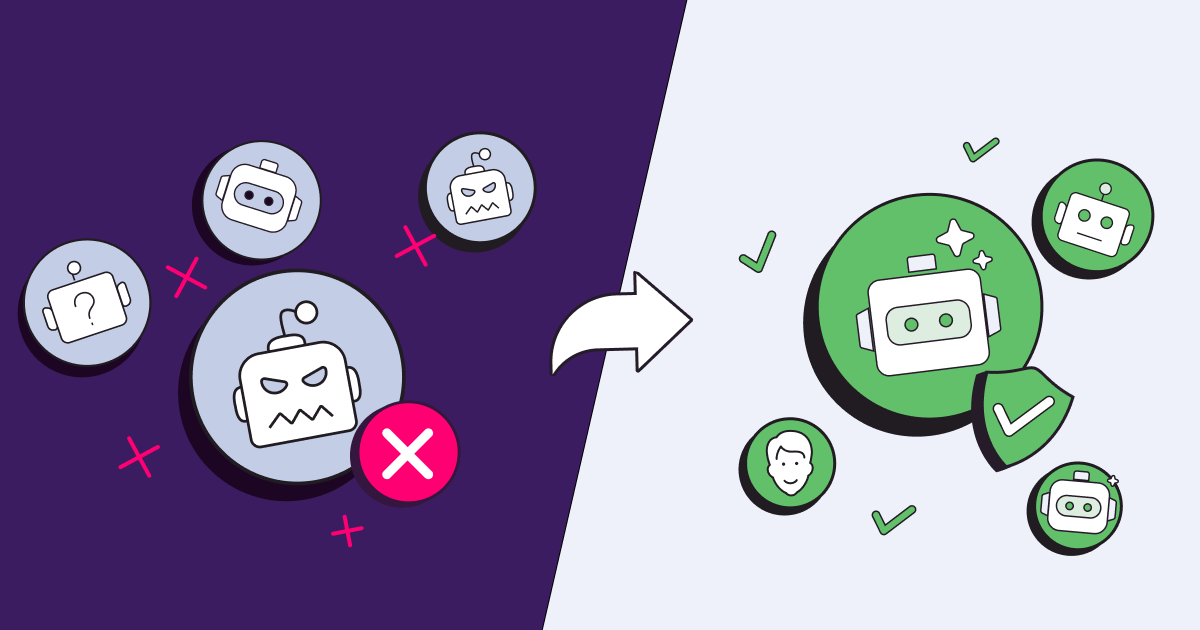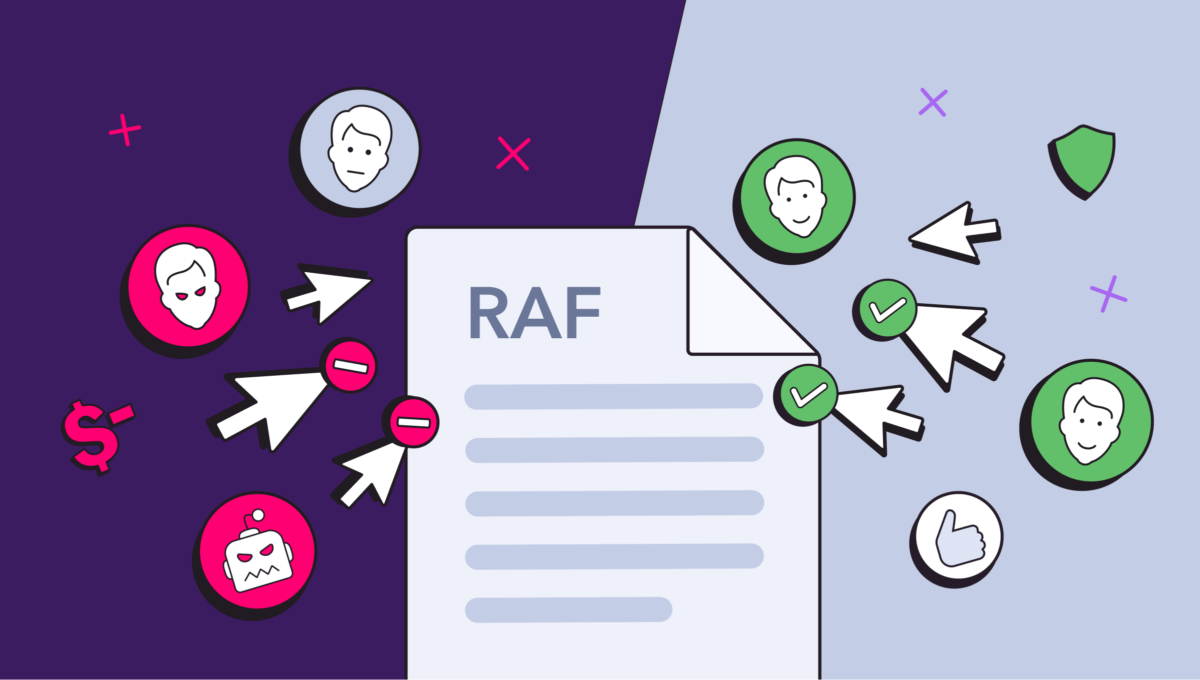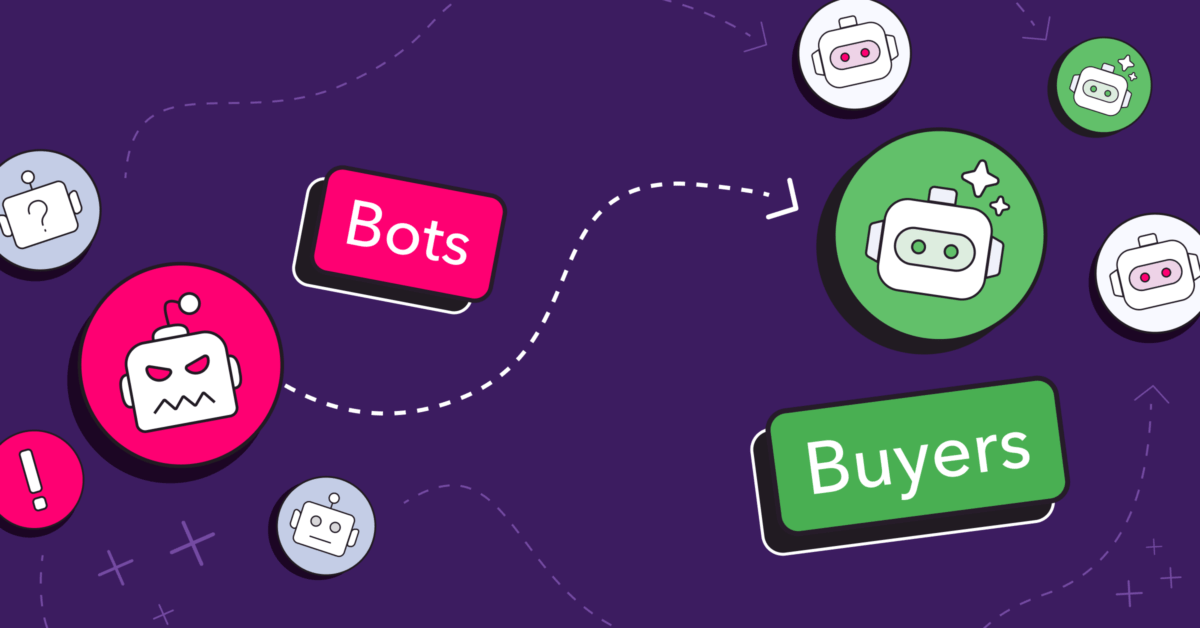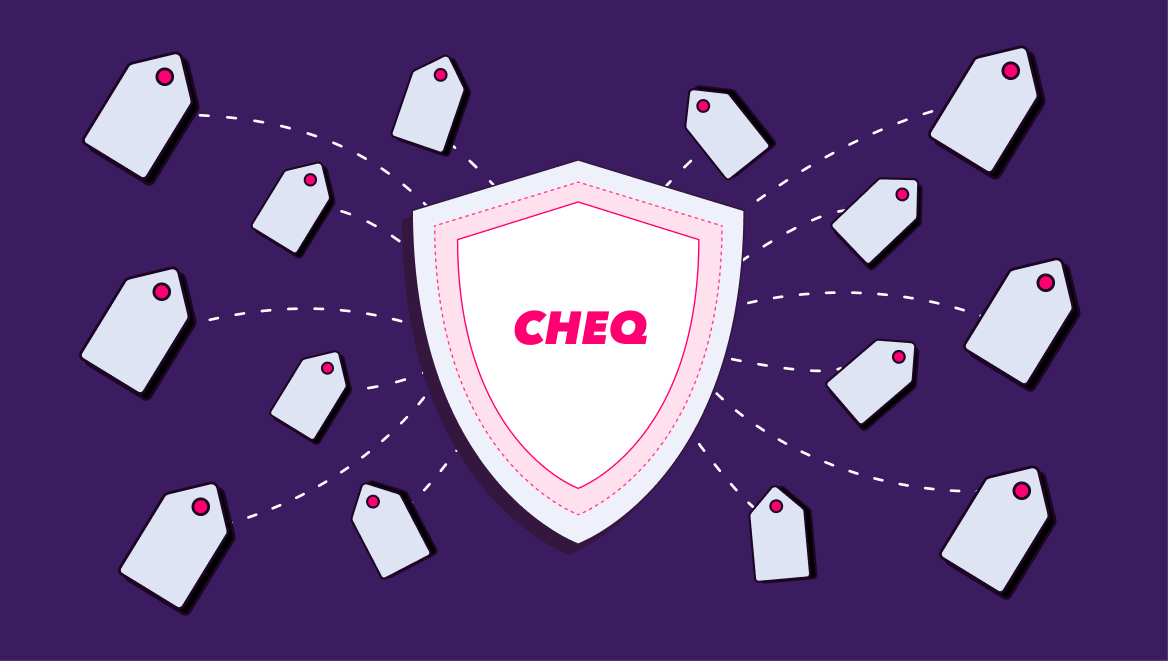20+ essential academic leaders you need to know in customer acquisition security
Jonathan Marciano
|Announcements | April 19, 2021
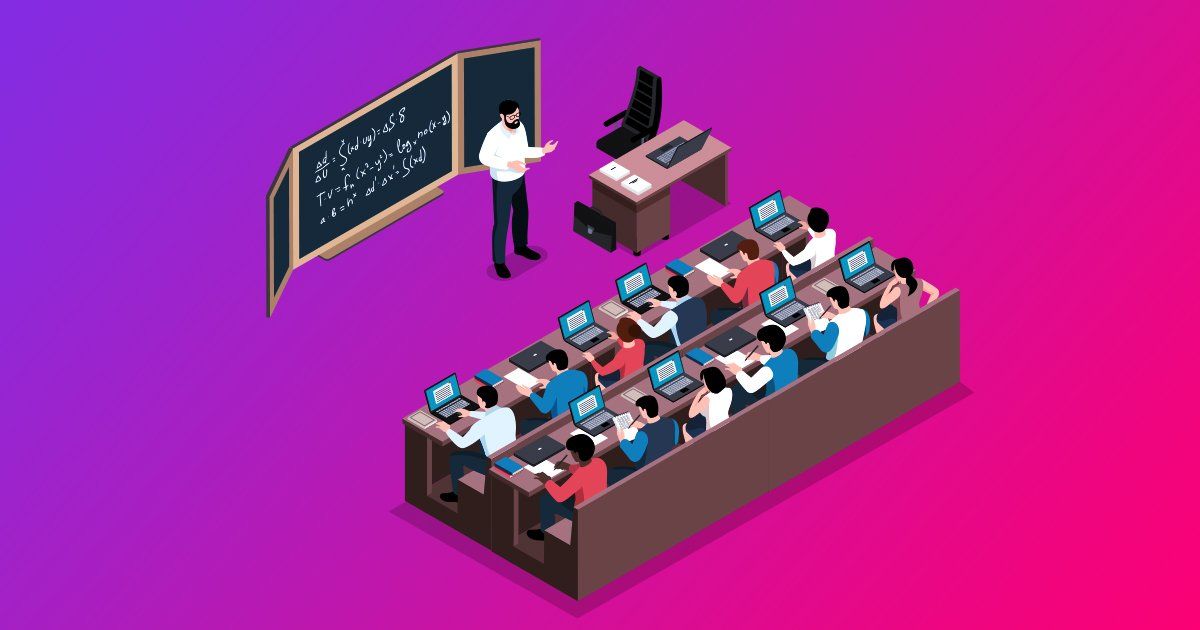
Those seeking to gain customers online have their work cut out for them. Bots outpace humans. Cybercriminals buy clicks. Misinformation thrives.
In this dark world, it has been a golden era for academic research, producing must-read studies showing the real-world impact of challenges we face from sophisticated fakery, attacks, and misinformation. Here, we present the leading academics you need to know around the world – from understanding the day-to-day life of cybercriminals to ad fraud attacks to countering fake users and misinformation.
1. Cybercriminal habits and what we need to know (Benoît Dupont and Jonathan Lusthaus)
Benoît Dupont and Jonathan Lusthaus explore the dark spaces where cybercriminals live. The pair for instance co-authored a fascinating paper, “Countering distrust in illicit online networks: the dispute resolution strategies of cybercriminals”. This identifies how buyers on forums seek redress when things go wrong such as when a botnet is clunky (cybercriminals cannot so easily contact authorities to get their money back). Investigating the disputes section from within the dark marketplace, they found 28.4% members lodged a complaint but only 23.1% of disputes reached a clear outcome.
Similarly fascinating is Jonathan Lusthaus’ Industry of Anonymity Inside the Business of Cybercrime. Dr Lusthaus speaks with former and present cybercriminals showing how they increasingly look a lot like modern startup companies, with cybercriminal “influencers” engaged in building their brand and networking for business.
In addition, Ben Collier, a postdoc researcher in the Cambridge Cybercrime Centre authors work evaluating the impact of police measures to control cybercrime. “Law enforcement are concerned that DDoS attacks purchased from a booter site might be like a ‘gateway drug’ to more serious cybercrime,” he says in one recent paper. In addition, Dr. Rutger Leukfeldt, Senior Researcher Netherlands Institute for the Study of Crime and Law Enforcement (NSCR) examined online and offline pathways into cybercriminal networks. This reconnects online crime with physical “street” crime.
2. Ease of ad fraud attacks – when profs attack
Showing the ease of perpetuating ad fraud is something cybercriminals boast about. But behind this attack were seven academics. In their paper, Ad Budget Killer, Online Advertising Budget Draining attack, the authors at the Department of Computer Science, Purdue University write: “We executed a series of attacks against a controlled advertiser and three real-world advertisers within ethical and legal boundaries The results show that we are able to fetch 40, 958 ads and drain up to $155.89 from the targeted advertisers within an hour.” This shows how the problem of ad fraud works and can hurt budgets.
I Luk Kim, one of the authors, explains: “One issue that we found was, users’ browsing histories are recorded by some ad-related parties in order to provide interest-based ads, and they can be fabricated. This means we can fetch specific ads from ad providers. Adbudgetkiller is one possible attack that can be done by using this fabrication. In the paper, I wanted to show how this attack can damage the real-world ad ecosystem.”
Other academic leaders include Haitao Xu, Daiping Liu, Aaron Koehl, Haining Wang, and Angelos Stavrou (College of William and Mary, Williamsburg) for work on click fraud.
3. The Economic cost of bad actors online
A quote from Tim Berners Lee, the father of the internet prefaces a series of reports from the University of Baltimore’s Business School and CHEQ:
‘‘While the web has created opportunity, given marginalized groups a voice, and made our daily lives easier, it has also created opportunity for scammers, given a voice to those who spread hatred, and made all kinds of crime easier to commit.”
In a series of reports, by CHEQ and Professor Roberto Cavazos, Executive in Residence in the University of Baltimore’s Merrick School of Business examines the economic costs of bad actors operating in a series of markets. These reports provide a deep dive with economic analysis into the global economic price paid by businesses and society due to online harms including ad fraud, fake influencers, and fake news.
4. How online markets are failing but can improve (Ben Edelman)
Edelman, now an economist at Microsoft, was previously an associate professor at the Harvard Business School. He studied and taught about the economics of online markets — combining software engineering with legal and economic analysis, and consequently takes aim at a whole host of online challenges, from typosquatting to privacy and trademarks online. He stresses for instance in one paper (Pitfalls and Fraud In Online Advertising Metrics Are Cheaters Hurting Your Bottom Line?) that bot and fake user attacks are not always prioritized by brands or agencies. “Some online advertising practices reflect an aura of infallibility: advertisers often accept exceptional risks, as if online ad markets are invulnerable to long-known weaknesses.”
“It’s the Wild West out there, and Ben is the sheriff, says Alvin Roth, a Nobel-winning economist, and Edelman’s mentor.
5. Booming Disinformation research
Sinan Aral, a professor of management at the MIT Sloan School of Management who also is director of MIT’s Initiative on the Digital Economy leads a movement to understand the dissemination of fake news. The success of his latest book, “The Hype Machine,” demonstrates the massive growth in misinformation research that seeks to understand the level of fake news, how it is processed and why it remains so powerful. For instance, one widely cited study by Aral and his team has found that false news spreads more rapidly on social networks than real news does — and by a substantial margin. Aral says: “We found that falsehood diffuses significantly farther, faster, deeper, and more broadly than the truth, in all categories of information, and in many cases by an order of magnitude.”
MIT has been at the forefront of much of this misinformation research with a number of experts.
Others at different institutions studying the society-shaking effects of misinformation include Leticia Bode, Georgetown University, Matthias Nießner, Technical University of Munich, Brendan Nyhan, Dartmouth College, David Rand, Yale University, and Briony Swire-Thompson, Northeastern University.
The effect of widening funding of research to look into fake users, bots, and the impact on the economy is helping to show the widening scope of bad actors online and is helping detail the rise of sophistication online attacks. This real-world problem affecting brands and those interested in non-bot skewed data and better customer acquisition, tallying with priorities in academia to understand the deep impact of bad actors on the economy and wider society.
CHEQ for PPC is able to identify online harms relating to customer acquisition and fake users working with the leading brands in the world. CHEQ is the first solution to block invalid clicks and eliminate fake users, protecting customer acquisition across multiple platforms including Google, Facebook, Instagram, Baidu, Bing, LinkedIn, Snap, Twitter, Pinterest, Yahoo, and Yandex. Get your free demo today.
